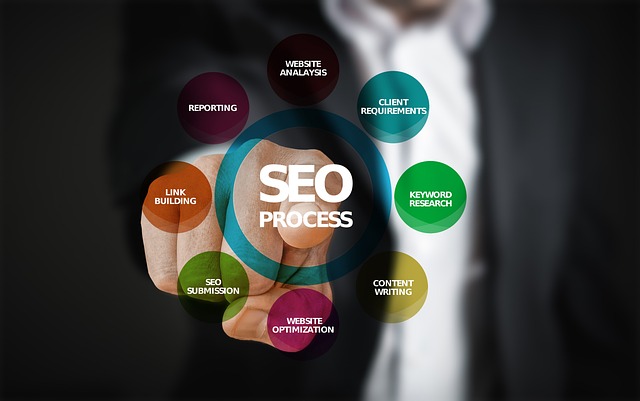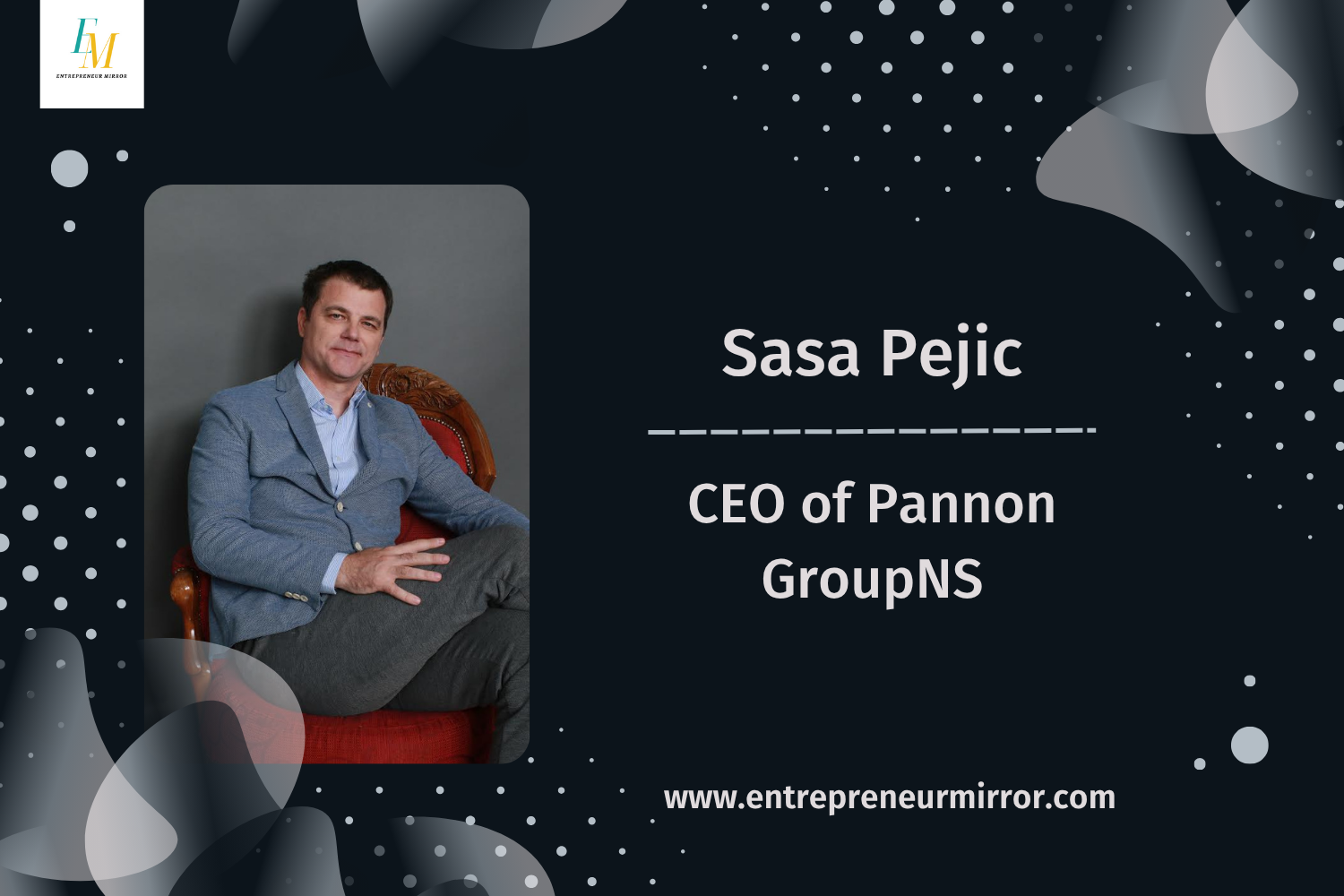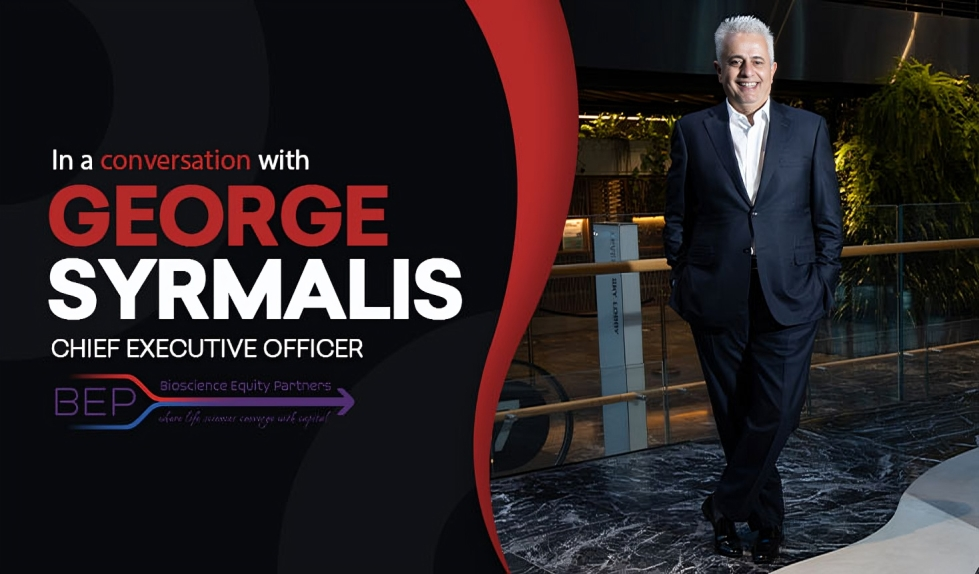With digitalisation going viral nowadays, the quest for the most effective marketing strategy is relentless. Among the myriad options available, Search Engine Optimization (SEO) has risen to prominence as a strong contender for the title of the best marketing strategy in 2023. This strategy promises the best attention to businesses and ensures maximum customer loyalty and other privileges to companies. Let us understand SEO and explore its benefits, challenges, and position that gave it the title of the best marketing strategy of 2023.
Understanding SEO
SEO isn’t just a collection of techniques; it’s a strategic approach that impacts a website’s visibility on Search Engine Results Pages (SERPs). It encompasses a range of on-page and off-page strategies with a singular goal: to ascend search engine rankings when users search for specific keywords or phrases. The ultimate objective is to attract organic, unpaid traffic and maximise conversion potential.
Benefits of SEO
Cost-Effectiveness: Unlike pay-per-click advertising, SEO is a long-term investment. Once a practical SEO framework is established, it becomes a self-sustaining digital asset. This financial efficiency makes SEO particularly appealing to businesses with limited marketing budgets.
Sustainable Results: A well-executed SEO strategy is built for the long haul. While immediate results might not be apparent, the efforts invested in SEO can yield enduring impacts on a website’s visibility, organic traffic, and authority.
Improved Click-Through Rates: The battle for the top spot on search results is fierce. Research reveals that the first result on Google garners approximately 31% of clicks, dwindling to a mere 3% for the tenth result. Higher rankings translate to increased clicks and potential customers.
Building Trust and Credibility: Organic search results are perceived as more trustworthy than paid ads. A robust organic presence bolsters a brand’s credibility and positions it as a respected figure in its industry.
Precise Audience Targeting: SEO allows businesses to target specific keywords relevant to their products or services. This means that the traffic generated through SEO isn’t just about quantity; it’s about quality, comprising users actively seeking the offerings.
Challenges of SEO
Time-Intensive Nature: SEO demands patience. It’s a gradual process that requires consistent effort. Tasks ranging from keyword research to content creation and link-building contribute to the time investment.
Algorithmic Uncertainties: Search engine algorithms are in a state of constant evolution. Updates aim to enhance user experience and thwart manipulative SEO tactics. These updates can disrupt a website’s ranking, necessitating frequent strategy adjustments.
Intensified Competition: As the value of SEO gains recognition, the competition for top rankings escalates. Maintaining a high rank requires continuous vigilance, adaptation, and staying ahead of competitors.
Technical Complexity: SEO comprises technical optimisation and creative tasks like content creation. Navigating this complexity requires expertise or professional assistance.
The Synergy of SEO with Other Strategies
Pay-Per-Click (PPC) Advertising: PPC offers immediate visibility, complementing the gradual progress of SEO.
Social Media Marketing: Social platforms enable direct engagement, fostering brand awareness and interaction.
Content Marketing: Valuable content enhances SEO and establishes a brand as an authority, fostering customer loyalty.
Influencer Marketing: Collaborating with influencers extends reach and authenticity.
Video Marketing: Videos engage a wider audience, enhancing a brand’s online presence.
Is SEO the Ultimate 2023 Marketing Strategy?
While SEO boasts numerous benefits, labelling it as the best marketing strategy necessitates considering a business’s unique dynamics. Each business, industry, competition, and target audience requires a tailored approach. Integrating SEO with other strategies creates a holistic and adaptable marketing approach, ensuring optimal results amidst the evolving digital landscape.
The Importance of Local SEO
Localised Targeting
Local SEO helps businesses tap into a highly relevant audience. A bakery in a specific neighbourhood can optimise location-specific keywords, attracting nearby customers searching for baked goods.
Google My Business (GMB) Optimization
Optimising GMB profiles increases visibility in local searches, enabling businesses to provide critical information to potential customers.
Customer Reviews
Positive reviews on local listings enhance credibility and encourage trust among local customers.
Voice Search Optimization
With the proliferation of virtual assistants like Siri, Google Assistant, and Alexa, optimising for voice search is becoming paramount. Voice searches tend to be more conversational and location-specific, necessitating a different keyword-targeting approach.
Mobile-First Indexing
Google’s mobile-first indexing prioritises the mobile version of a website’s content for indexing and ranking. Given the rising prevalence of mobile internet usage, ensuring a seamless mobile experience has become crucial for SEO success.
Featured Snippets and Position Zero
Featured snippets are concise answers displayed above the regular search results. Ranking for these snippets, or position zero, can significantly increase a website’s visibility and credibility.
E-A-T and YMYL Content
Google’s emphasis on Expertise, Authoritativeness, and Trustworthiness (E-A-T) is particularly critical for Your Money or Your Life (YMYL) content, which impacts people’s health, financial stability, or safety. Demonstrating E-A-T is essential for ranking such content.
Video and Image SEO
Visual content optimisation is gaining importance, especially with the growth of video marketing and image searches. Optimising video and image metadata can enhance their visibility on search engines and platforms like YouTube and Pinterest.
Semantic Search and Latent Semantic Indexing (LSI)
Search engines now focus on understanding the context and intent behind user queries. LSI keywords, related terms that enhance content relevance, are crucial in semantic search optimisation.
Schema Markup
Schema markup provides search engines with additional information about a webpage’s content, enabling rich snippets in search results. Implementing schema markup can lead to improved visibility and click-through rates.
Local Link Building
Acquiring high-quality local backlinks can boost a business’s local SEO efforts. Collaborations with local organisations, sponsoring events, and building relationships within the community contribute to this strategy.
Site Speed and Core Web Vitals
Google considers user experience a ranking factor. Core Web Vitals, which measure loading, interactivity, and visual stability, have gained importance in assessing a website’s user-friendliness.
Social Signals and SEO
While Google officially states that social signals don’t directly impact SEO, there is a correlation between a solid social media presence and improved organic visibility. Social platforms can drive traffic and amplify content reach.
User-Generated Content (UGC) for SEO
Encouraging user-generated content, like reviews and testimonials, enhances engagement and provides fresh content that search engines value.
Technical SEO
Technical aspects like website structure, mobile responsiveness, URL structure, and crawlability influence a site’s SEO performance. A well-optimized technical foundation is essential for search engine visibility.
Algorithm Updates and Adaptation
Keeping up with search engine algorithm updates, like Google’s BERT, is vital. Adapting these changes ensures that SEO strategies remain effective and aligned with evolving ranking criteria.
SEO Analytics and Reporting
Regularly monitoring SEO metrics like organic traffic, click-through, bounce, and conversion rates is crucial. Data-driven insights guide strategic adjustments and optimisations.
International SEO
Businesses targeting global markets must consider language, cultural nuances, and international search engine preferences for effective SEO.
The Role of Artificial Intelligence (AI) in SEO
AI-powered tools can enhance keyword research, content creation and even predict user behaviour, streamlining and improving the efficacy of SEO strategies.
SEO undoubtedly possesses immense potential as the best marketing strategy. Its capacity to drive organic traffic, establish credibility, and yield long-term results makes it a compelling choice. However, crowning the best marketing strategy requires a comprehensive view considering a business’s unique dynamics. By integrating SEO with other strategies, companies can create a robust and adaptable marketing approach that thrives in the ever-evolving digital landscape 2023 and beyond.
Next Article:































































